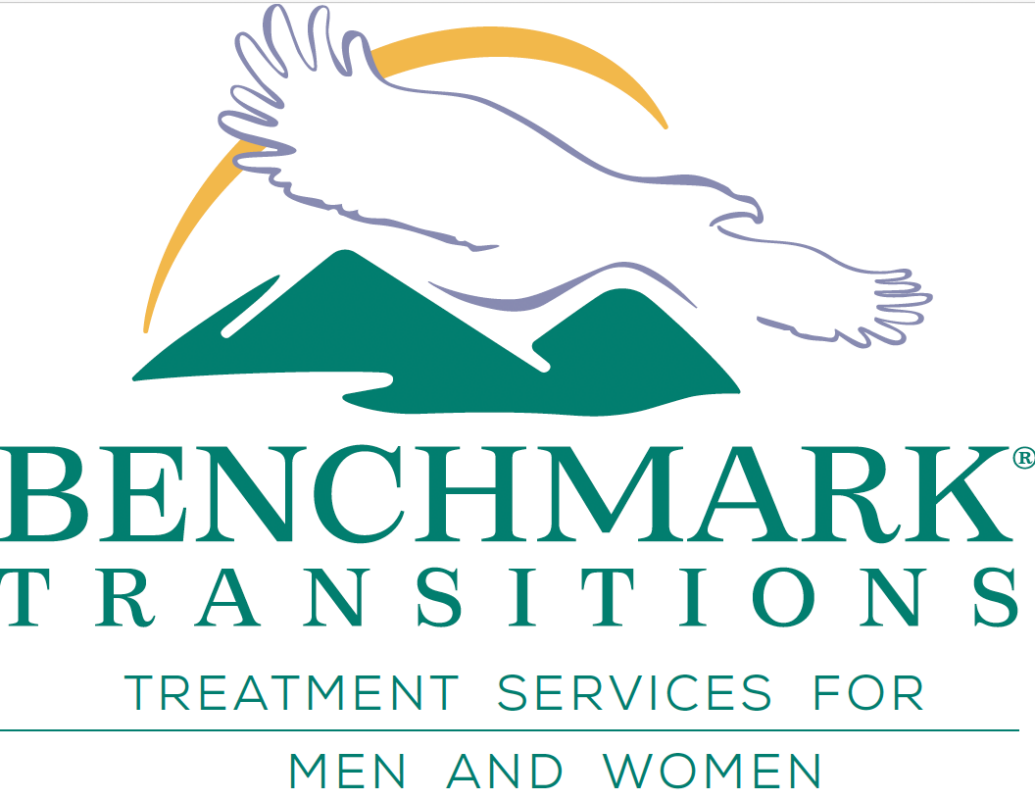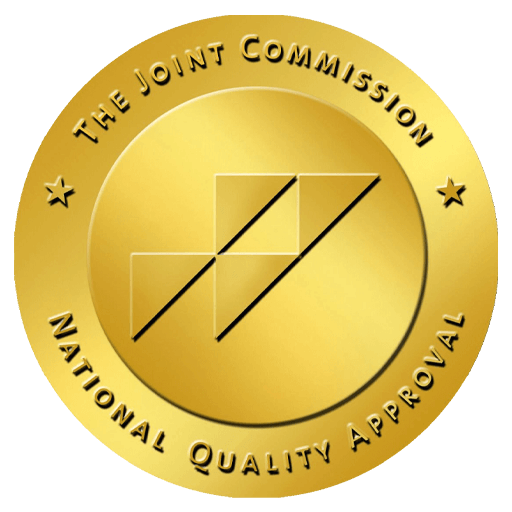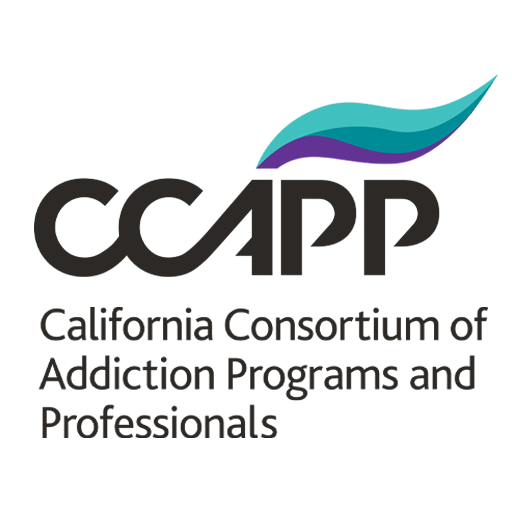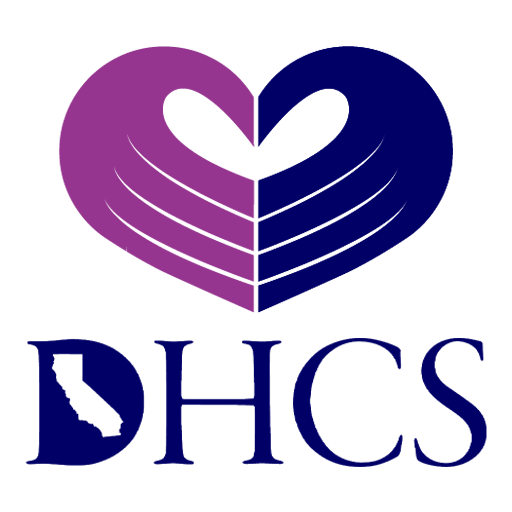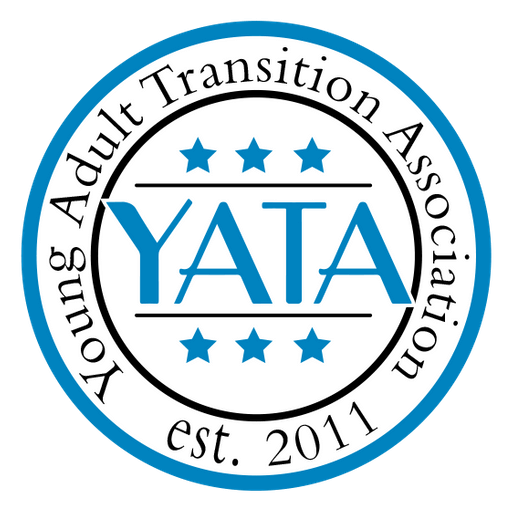Help for Young Adults with ADHD
Although we often hear about attention-deficit/hyperactivity disorder (ADHD) in the context of children, this common neurological condition is also diagnosed in adolescence and adulthood. According to a recent study published in the Journal of the American Medical Association, an estimated 10 percent of children have ADHD; the American Psychiatric Association reports that 2.5 percent of adults have ADHD. This often-misunderstood disorder can go undiagnosed in adolescents, affecting their schoolwork, relationships and physical and mental health as they grow into young adulthood. Following, we discuss the signs of ADHD in young adults, how the disorder is diagnosed and treatment options.
Young Adult ADHD Causes
According to the Attention Deficit Disorder Association, ADHD is caused by chemical, structural and connectivity differences in the brain, mostly as a result of genetics. In addition, other factors — such as low birth weight, prenatal maternal smoking or other prenatal complications — also can contribute to ADHD, the National Resource on AHDH reports. Parenting styles do not cause ADHD.
Is ADHD in Young Adults Increasing?
ADHD is defined by a consistent pattern of inattention and/or hyperactive impulsivity that interferes with daily functioning. According to the most recent National Survey of Children’s Health, ADHD prevalence is on the rise in the United States, up from 4.4 million children in 2003 to 6.1 million in 2016. The report found that 3.3 million are adolescents. Two out of three of these children had at least one co-occurring condition (such as depression, anxiety, substance use disorder or sleep issues), half had behavioral problems and one-third had anxiety.
Diagnosing ADHD in Young Adults
Although the signs of ADHD can vary by individual, there are a number of symptoms that can indicate a person has ADHD if they are consistently noticeable for at least six months and are seen in multiple settings, such as school, work or home. These signs are especially indicative of possible ADHD if an adolescent has demonstrated these symptoms prior to age 12. If you or a loved one has exhibited a number of these following symptoms, consult a psychologist, psychiatrist or other clinician with expertise in ADHD to have an assessment and diagnosis.
Ten Signs and Symptoms of ADHD in Young Adults
ADHD Symptom – Difficulty Concentrating or Full Absorption in a Task
People with ADHD can be easily distracted by exterior noises or activities that do not disturb others. They also may “zone out” while in conversations, struggle to finish tasks or have difficulty following directions. A flipside to this symptom is hyperfocus, in which the individual becomes engrossed in an activity and becomes oblivious to everything around him.
ADHD Symptom – Hyperactive Young Adults
Although this is the “classic” symptom that people consider most when they think of ADHD, it could present more subtly and internally in a young adult, who might be restless and on edge. Signs include: being quick to bore, risk-taking behavior, excessive talking and multitasking, and constant fidgeting.
ADHD Sign – Disorganized or Procrastinating Young Adults
Do you or your loved one find it difficult to stay organized — papers stacked up on desks, cluttered cars, forgotten appointments, misplaced items — and put off tasks to the last minute or fail to finish them on a regular basis? Often, people with ADHD find they can focus better when up against deadlines, which, in turn, can produce a state of constant anxiety.
ADHD Sign – The Impulsive Young Adult
People with ADHD may act rashly or blurt out comments without considering the consequences. It may be difficult for them to sit still for long periods, such as in class, at a performance or at a meeting. They may become impatient, interrupt others and tackle projects without fully reading instructions or position themselves in risky situations. On the extreme side, it can lead to poor self-control or addictive tendencies.
ADHD Symptom – Young Adults with Emotional Difficulties
Many young adults with ADHD find managing their feelings of anger and frustration challenging. This can result outwardly in irritability, stress and outbursts. Over time, a person can start to exhibit symptoms of low self-esteem, have difficulty staying motivated and become sensitive to criticism.
ADHD Sign – Young Adults Unable to Relax
Since ADHD presents in inner turmoil — racing thoughts, anxiety — as well as exterior manifestations, people with this disorder can find it difficult to wind down or participate in stress-reducing activities like yoga or meditation.
ADHD Symptom – Difficulty with Relationships and Disruptive Behavior
ADHD symptoms, such as distraction and impulse control, can cause conflicts with family and friends and put a strain on romantic relationships, especially over time as the couple transitions from courtship to routine. Young adults with ADHD commonly also experience difficulties with disruptive behavior, including oppositional defiant disorder, which is characterized by outbursts, irritability and refusal to follow rules, and the more extreme conduct disorder, which can include harming people or animals, stealing, trespassing and truancy.
ADHD Sign – Academic Difficulties in Childhood or Young Adulthood
Young adults who think they may have ADHD can reflect back on their elementary and middle school experiences. Did they have difficulty sitting still or following their teachers’ lectures? Was homework often late or not turned in at all? Did they find focusing on tasks difficult? Did they discover they had to work harder to try to keep up with their classmates? Up to one-third of children with ADHD may have a learning disorders and an inability to communicate effectively.
ADHD Sign – Thrill-seeking ADHD Behavior in Young Adults
Research has shown that people with ADHD often have lower levels of brain chemicals called neurotransmitters, which includes the “feel good” chemical dopamine. This causes them to seek stimulation, which often draws them to risky activities such as reckless driving, argument provocation, unprotected sex and substance use. According to a study published in the Journal of the American Academy of Child & Adolescent Psychiatry, ADHD was a significant predictor of subsequent diagnosis of a substance use disorder. Individuals with ADHD can divert their drive for excitement into safer activities such as rock climbing, mountain biking, hot air ballooning, scuba diving or paragliding.
ADHD Sign – The Young Adult with Work Issues
People with ADHD might experience difficulties at work due to many of the symptoms noted above: personality conflicts with coworkers, inability to focus on or complete tasks, difficulty sitting still at meetings and being frequently bored due to lack of stimulation.
Treating Young Adult ADHD
According to the National Resource on ADHD, although no cure currently exists, a treatment program for ADHD teens and young adults that focuses on symptom management and involving a combination of education, behavioral therapy and medication can be effective. Education on the disorder will allow young adults and their families to better understand symptoms and their management. It’s important that education is targeted to the young adults rather than the parents as they will need to understand the diagnosis and how to maintain their treatment program as they become more independent.
Co-occurring conditions need to be taken into account with any medication prescribed and prescriptions should be regularly monitored for adjustments that take into account the young adult’s changing schedules to effectively manage symptoms. The National Resource on ADHD reports that it’s a myth that medication use may increase the risk of substance abuse. Conversely, medications reduce the risk of substance abuse for teens with ADHD. Find out more on managing medication for children and teens here.
Teens with ADHD also can benefit from behavioral interventions: Parents, teachers and children learn specific techniques and skills from a therapist or an educator that will help improve the children’s behavior. Find out more about how psychosocial treatments work here.
In addition, paying attention to health and wellbeing can help regulate ADHD symptoms. Exercise, healthy eating, getting 7 to 9 hours of sleep each night, taking regular breaks during tasks and scheduling activities with friends or family can help decrease ADHD symptoms in young adults and teens.
ADHD Behavior in Young Adults: The Effect on Family
Undiagnosed and untreated ADHD can affect all aspects of a person’s life, including their family life. Relationships with family members who are not aware of the disorder or the symptoms can be strained on both ends.
The young adult may feel nagged by loved ones to stop procrastinating, to take better care of their environment, to be better listeners or to complete chores and homework on time. Family members may feel hurt and frustration over the teen’s perceived irresponsibility or insensitivity. In extreme cases, relationships can be compromised over angry remarks or repeated outbursts. However, when families understand ADHD and work together on a treatment plan, it can strengthen their bond and help alleviate the stigma that accompanies living with this disorder. Having this crucial support system in place will boost the young adults’ sense of self, validate their experience, allow them to gain confidence and give them hope of sustaining treatment as they emerge into independence.
Help for Hyperactive Young Adults
Young Adult ADHD Information & Additional Facts:
https://www.psychiatry.org/patients-families/adhd/what-is-adhd https://www.cdc.gov/ncbddd/adhd/data.html https://jamanetwork.com/journals/jamanetworkopen/fullarticle/2698633 http://www.chadd.org/Understanding-ADHD/For-Parents-Caregivers/Teens.aspx https://www.helpguide.org/articles/add-adhd/adhd-attention-deficit-disorder-in-adults.htm https://www.health.com/health/gallery/0,,20490145,00.html
